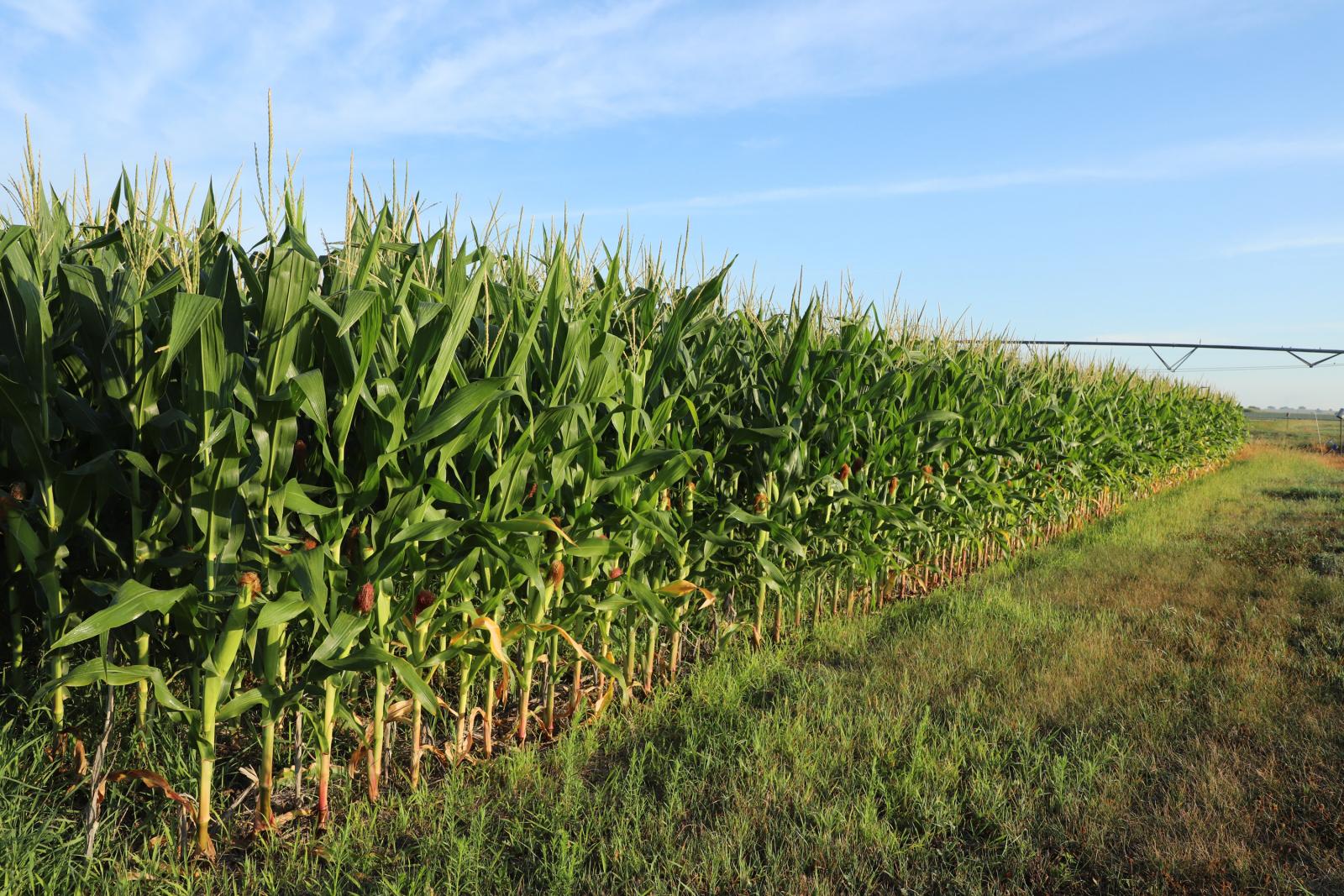Instructor(s): Kent Eskridge
Number of Credit Hours: 4
Prerequisites: STAT 318, or STAT 801A
Description: Essential statistical characteristics of a research study intended to assess the impact of treatment, environmental or population conditions on response. Focus is on both designed experiments and on studies for which controlled experiments are not feasible, but characteristics of controlled experiment must be mimicked to the extent possible. Methods to assess power and compare efficiency of alternative designs are considered. Course covers major design structures, including blocking, nesting, multilevel models, split-plot and repeated measures, and statistical analysis associated with these structures.
Learning Outcomes/Course Objectives The purpose of Statistics 802 is to provide graduate students in the experimental sciences with a fundamental understanding of the concepts experimental design and analysis so as they can (i) plan and conduct experiments in the most precise and efficient manner and (ii) correctly analyze and interpret results from such experiments. By the end of the course, students will be able to:
- Correctly state hypotheses and identify major factors that affect responses relevant to the hypotheses.
- Using information from (1) along with given resource constraints, properly design experiments, analyze the results and report conclusions relevant to the stated hypotheses.
- Use statistical software to analyze data for commonly used experimental designs.
- Recognize when a statistical consultant is needed.
